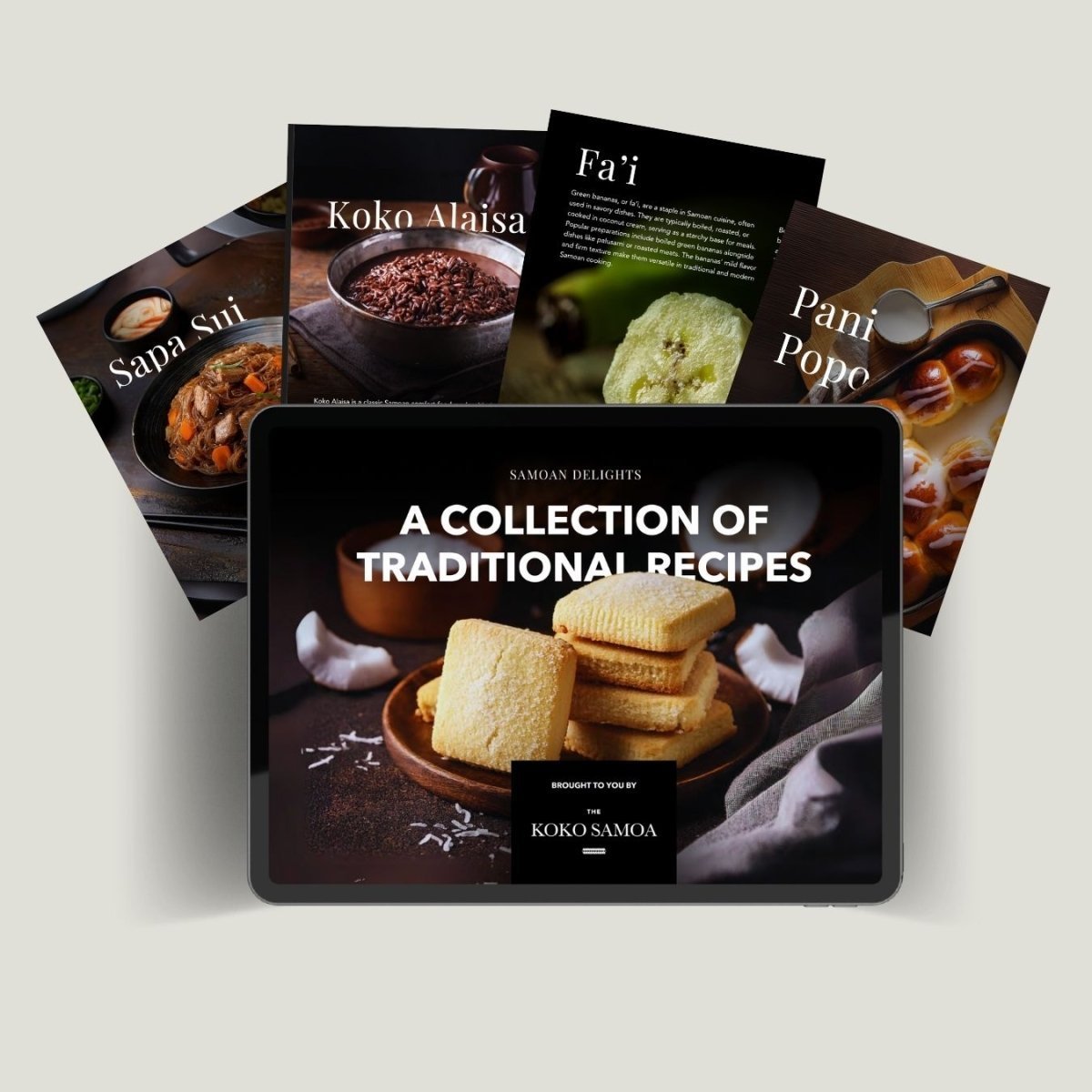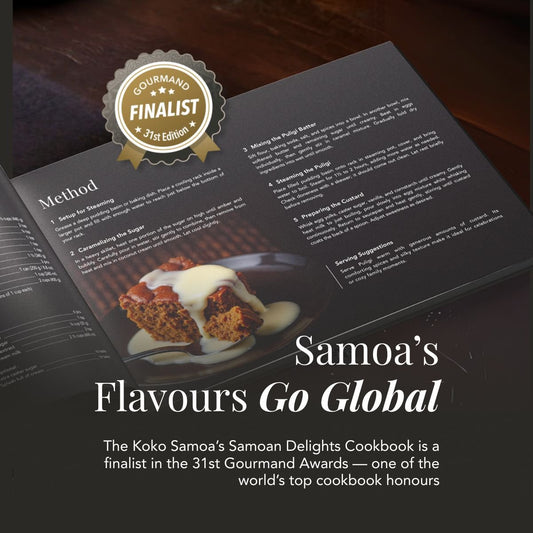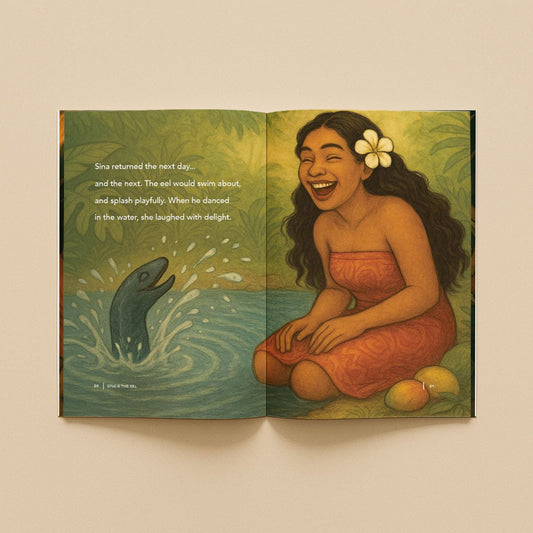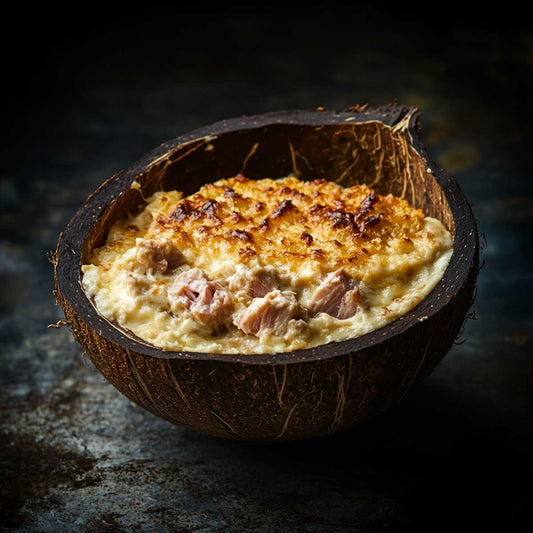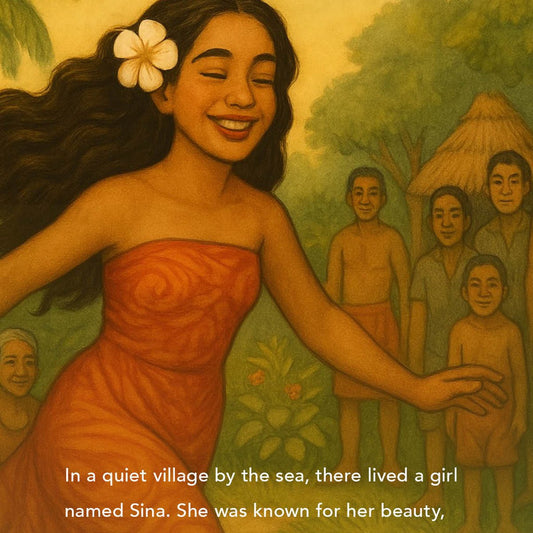The Secret to Samoan Strength: Culture, Nutrition, and the Fa'a Sāmoa
The term Samoan strength has become synonymous with elite athleticism, particularly in the demanding world of contact sports like American football, rugby, and wrestling. From the towering presence of defensive linemen to the explosive power of rugby forwards, Samoan athletes have carved out a reputation for unmatched physical dominance. But why are Samoans so strong? The answer lies far deeper than genetics; it is woven into the fabric of their culture, their traditional diet, and the communal way of life known as the Fa'a Sāmoa.
This article explores the multi-faceted reasons behind the legendary power of the Samoan people, tracing the origins of their physical prowess from ancient Polynesian navigation to the modern-day kitchen and weight room.
The Cultural Foundation: Strength as Service and Survival
For centuries, the concept of physical strength in Sāmoa was intrinsically linked to survival, status, and the ability to serve one's village and aiga (extended family). The culture itself was a relentless natural training ground.
The Legacy of Polynesian Voyaging
The ancestors of the Samoan people were master navigators and ocean voyagers. Crossing vast expanses of the Pacific in traditional canoes required immense endurance, coordination, and raw power. Activities such as:
- Paddling Against Currents: Hours of synchronized, powerful paddling forged incredible back, shoulder, and core strength.
- Hauling Nets and Canoes: Heavy manual labor involved in fishing and maintaining vessels built functional, real-world muscle.
- Navigating Open Water: Required intense focus and physical resilience against the elements.
This enduring heritage of challenging physical labor established a baseline of strength and physical tolerance that became a characteristic trait.
Fa'a Sāmoa: The Communal Powerhouse
The communal structure of the Fa'a Sāmoa ensures that labor is shared, but that labor is often heavy. Physical contribution is a cornerstone of respect and belonging. Tasks that build functional strength are part of daily life:
- Umu Preparation: The traditional earth oven (Umu) requires preparing large amounts of food, which involves digging the pit, gathering and splitting firewood, carrying heavy stones, and lifting massive quantities of root vegetables and meat. This is a full-body workout performed weekly.
- Plantation Work: Cultivating staple crops like taro, bananas, and breadfruit involves clearing bush, digging hard soil, and carrying heavy bundles of produce long distances.
- Construction: Building fales (traditional houses) requires lifting and positioning heavy timber and thatching materials using only natural strength and teamwork.
In this context, strength is not just about muscle size; it’s about competence, teamwork, and the physical capacity to contribute to the family's well-being.
The Power Diet: Fueling the Samoan Physique
While the modern Samoan diet has evolved and sometimes includes imported, processed foods (contributing to rising health issues), the traditional diet is a powerhouse of energy-dense, whole foods perfectly suited for a physically demanding lifestyle.
Staple Foods for Strength
The classic Samoan diet is rich in carbohydrates from calorie-dense root vegetables and healthy fats from the abundant use of coconut cream, all essential for sustained energy and muscle building:
- Taro (Talo) and Breadfruit (Ulu): These root vegetables provide complex carbohydrates, which are slow-releasing energy sources essential for endurance and recovery from heavy labor. They are the primary energy fuel.
- Coconut Cream (Pe'epe'e): A crucial ingredient in dishes like Palusami and Oka, coconut cream is a source of healthy saturated fats (medium-chain triglycerides or MCTs), which are easily metabolized for energy.
- Protein from the Ocean: The traditional diet is rich in freshly caught fish (i’a), including tuna, snapper, and octopus. Fresh seafood provides high-quality lean protein, crucial for muscle repair and growth, along with essential omega-3 fatty acids.
Before the widespread introduction of foreign imports, this natural diet was the optimal fuel for a physically active population, naturally fostering powerful builds.
The Biological Factor: Genetics and Somatotype
While culture and diet are crucial, genetics play a foundational role in the Samoan physical profile, particularly in the tendency toward a specific body type that lends itself to strength and mass.
Body Composition and Build
Many people of Samoan descent share an endomorph/mesomorph somatotype—a body type characterized by a large bone structure, solid frame, and a natural tendency to build both muscle and carry weight. This physique provides a number of athletic advantages:
- Lower Center of Gravity: A naturally larger, denser frame provides stability and power, crucial for contact sports.
- Muscle-Building Efficiency: Many Samoan individuals can convert calories into muscle mass very efficiently, meaning strength training yields quick and substantial results.
- Natural Power: The combination of large frames and high muscle density translates directly into brute strength and explosive power.
This genetic predisposition, combined with a life of strenuous physical activity and a high-energy diet, creates the powerful athletic specimen often seen on the world stage.
The Modern Application: Sports and the Samoan Athlete
In contemporary society, this heritage of strength and physique has found a powerful outlet in professional sports, leading to the remarkable overrepresentation of Samoan athletes in certain professional leagues.
The Rugby and Football Pipeline
The sports of rugby and American football are perfect conduits for Samoan strength. The need for large, powerful, durable players who can sustain intense physical impact aligns perfectly with the Samoan build. This creates a cultural "pipeline" where young Samoan men and women are encouraged to pursue these sports, reinforcing the cycle of strength.
- Rugby: In countries like New Zealand and Australia, players of Samoan heritage dominate the forward packs, where pushing power and tackling strength are paramount.
- American Football: In the NFL, Samoans and American Samoans are vastly overrepresented, particularly on the defensive and offensive lines, positions that rely purely on raw, functional strength and leverage.
The Mental Toughness: Tūmau
Physical strength is only half the equation. Samoan culture also instills a profound sense of mental toughness, or Tūmau. This resilience comes from the emphasis on perseverance, respect, and enduring hardship for the good of the family. In the context of sports, this translates to:
- High Pain Tolerance: The ability to play through injuries and physical pain for the team and family honor.
- Humility and Work Ethic: A deep-seated cultural belief in hard work over arrogance; strength is shown through quiet performance and dedication.
- Motivation: For many, athletic success is the ultimate way to serve and provide for the extended family, a motivation that provides extraordinary drive and commitment.
Is Samoan Strength a Lifestyle?
The question of "why Samoans are so strong" is best answered by understanding that Samoan strength is not just genetic, but a lifestyle. It is a harmonious blending of biological advantage, a high-energy traditional diet, and a culture that demands daily, strenuous, functional labor.
From the strength required to master the Pacific to the physical dedication shown in preparing an Umu feast, the Samoan way of life actively cultivates power, resilience, and a physique capable of great things. The modern athlete simply applies this inherited and culturally conditioned strength to the competitive arena, continuing a proud legacy that defines the people of Sāmoa.
The traditions, diet, and strength of the Samoan people are inseparable from their cultural heritage. Bring the spirit of the Fa'a Sāmoa into your life and celebrate this powerful lineage. Explore our range of authentic Samoan heritage products today.
